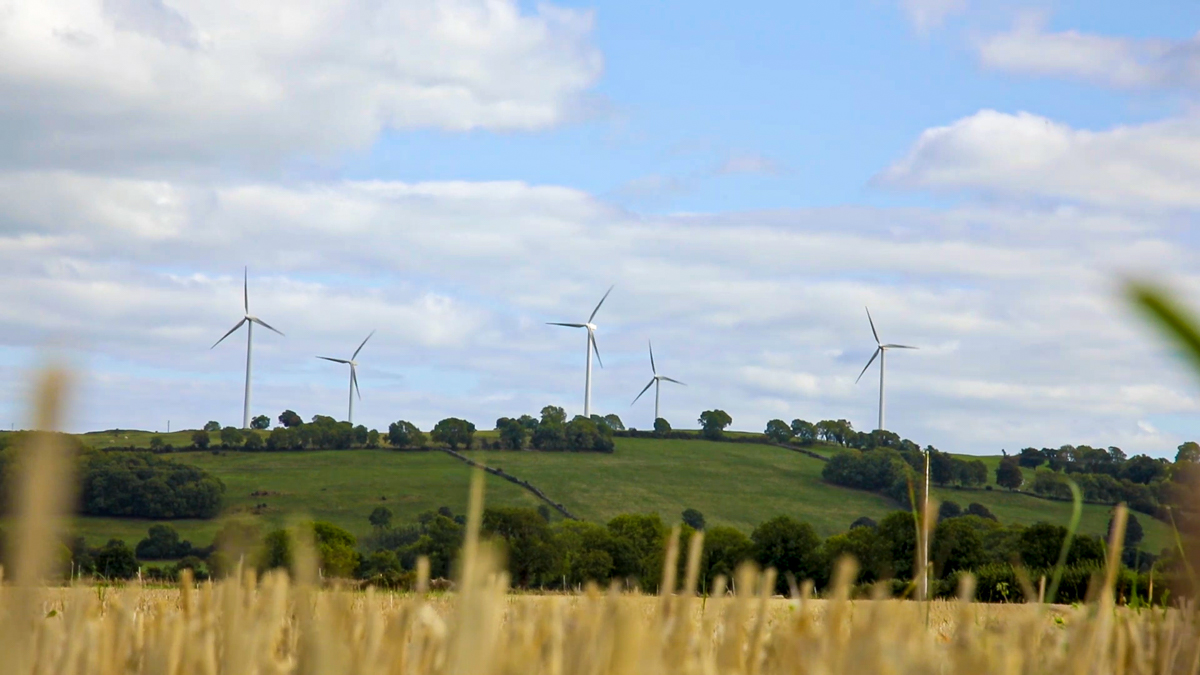Ireland remains a low performer in the Climate Change Performance Index (CCPI), dropping six places this year to 43rd among 59 countries.
The CCPI is an instrument to enable transparency in national and international climate politics.
It uses a standardised framework to compare the climate performance of 63 countries and the EU, which together account for over 90% of global greenhouse gas (GHG) emissions.
The climate protection performance is assessed in four categories: GHG emissions; Renewable energy; Energy use; Climate policy.
The top performing countries are Denmark, Estonia and the Philippines, while the lowest performing are Saudi Arabia, United Arab Emirates and Iran.
Climate performance index
The index findings note the importance of Ireland’s legally binding five-year carbon budgets and government-set sectoral emissions ceilings in 2022. Agriculture has an emissions reduction target of 25% to reach by 2030.
However, the CCPI report finds that Irish policy implementation is falling short of meeting these budgets and ceilings.
The new CCPI 2024 rankings, compiled in consultation with experts in each country, have been released at the COP28 climate conference in Dubai.
COP28 aims to chart a course of action to dramatically reduce emissions and protect lives and livelihoods.
An Taisce has said that meeting Ireland’s five-year carbon budgets is crucial as they were agreed by the Oireachtas as “legally binding, fair share national contributions to meeting the Paris Agreement”.
The environmental organisation stated: “They require achievement of early, deep, and sustained cuts in demand for fossil fuel use – in heating, transport, and electricity – and substantial reductions in nitrogen (N) inputs to agriculture from feed and fertiliser. But this is not happening.”
Low performer
The summary of CCPI results for Ireland criticises the lack of a long-term strategy for phasing out fossil fuel infrastructure, Ireland’s failure to limit agricultural emissions (especially methane from cattle and sheep), and a “highly questionable” roll-out of unsustainable biomethane production from purpose-grown grass silage.
On the positive side, experts have welcomed Ireland’s medium-term offshore wind and solar plans.
This year, a competitive wind auction took place and support for solar photovoltaic (PV) technology was increased, though experts have criticised the slow rate of renewables auctions relative to the declared ambition.
According to An Taisce, overall, the stark message from the new CCPI 2024 ranking is that Ireland is failing to implement the policies and measures needed to align with our fair share of climate action.
“As analysis from An Taisce has again recently shown the gap between the actual/projected emissions and the carbon budgets is rapidly widening. Urgent action is required to close this implementation gap,” the charity stated.
It added that the government needs to recognise and make it clear to the public that climate policy is falling far short of what is required.
“Emissions and energy intensive activities – such as SUVs, air travel, dairy farming, and data centres – do now require direct regulatory intervention to meet applied quota limits,” An Taisce stated.
“Urgency requires effective direction. Appeals to techno-fixes, efficiency measures, and voluntary efforts are no longer enough.
“Honesty about the escalating urgency required for climate action continues to be absent from public debate and media. This needs to change otherwise there is little societal understanding of what is required,” An Taisce added in a statement.
World rankings
The CCPI rankings find that other countries are reportedly doing more to implement fair and effective climate action to achieve a resilient transition aligned with the Paris Agreement temperature goal.
An Taisce continued: “Six years ago, an Taoiseach accepted that Ireland was a laggard in climate action.
“Gauged by the carbon budgets and the CCPI assessment, Ireland’s action remains grossly inadequate to meet our international commitments.
“Morally and legally, we are obligated to do much better.”
